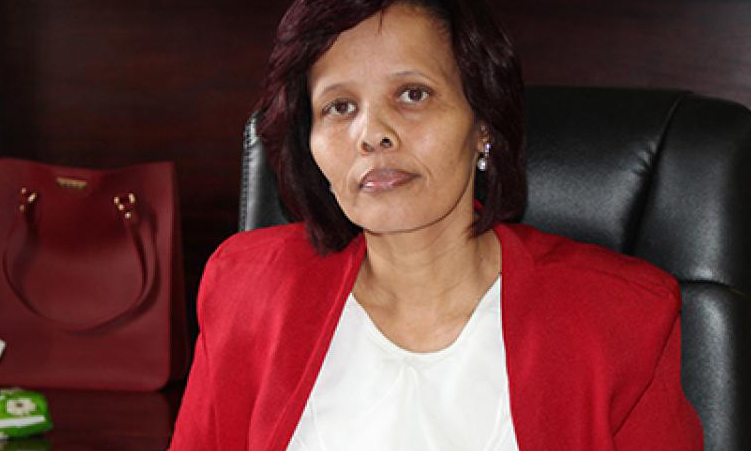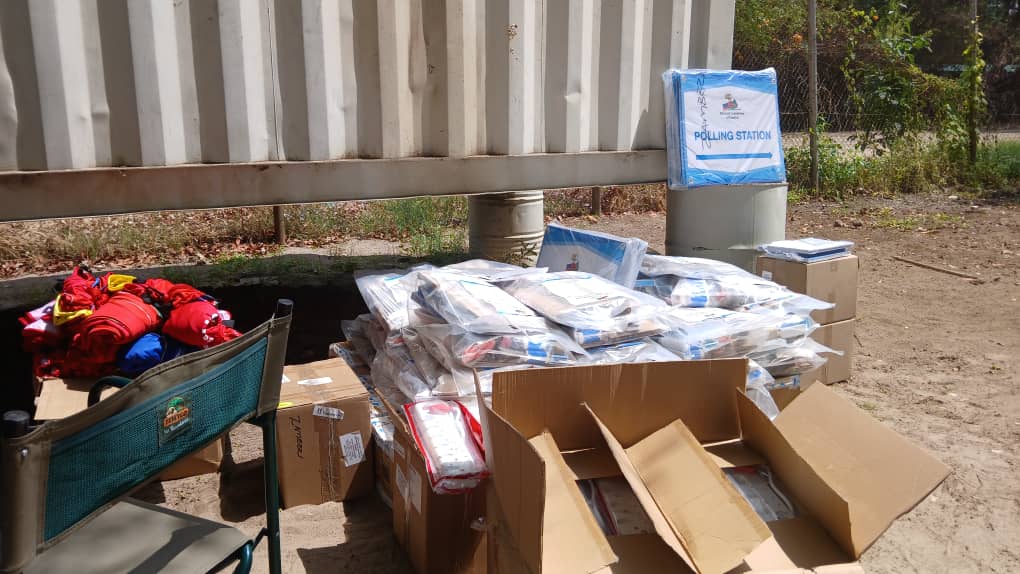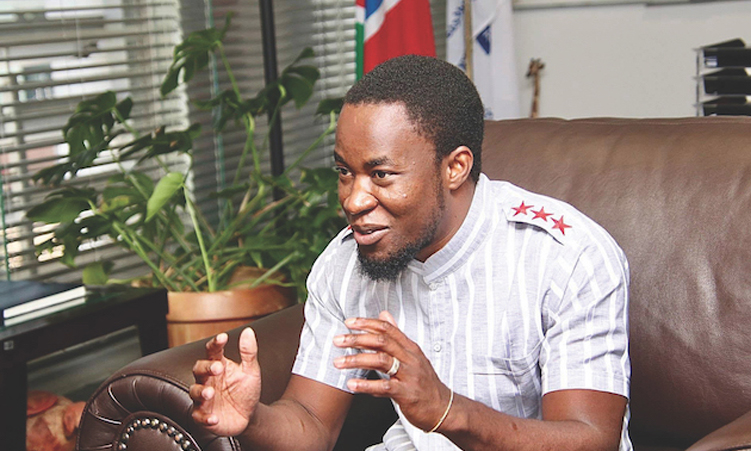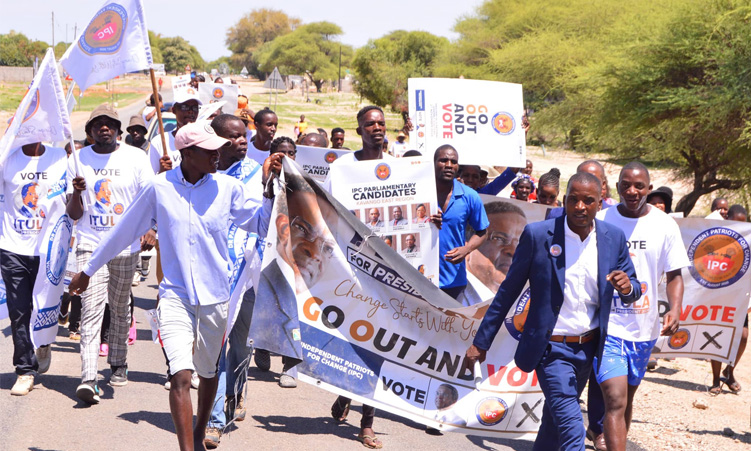The government has invested over N$100 million to expand health infrastructure in the //Kharas region.
This is part of the Ministry of Health and Social Services’ N$16 billion health systems strengthening proposal, approved by the Cabinet two years ago.
In her state of the region address on Tuesday, //Kharas governor Aletha Frederick said an investment of N$70 million was made in the Aussenkehr health centre, which is currently under construction and 85% complete.
She further said phase two of the Keetmanshoop Hospital’s tuberculosis and X-ray department upgrades have been successfully completed, to the tune of N$9 million.
“//Kharas stands at a crucial juncture in its history, where it’s poised to harness its economic potential to uplift its people while addressing longstanding challenges. As we navigate this path towards progress and prosperity, let us strive to create a future where every citizen of //Kharas region, wherever the mentioned developments are taking place, are enabled to thrive and prosper,” said Frederick.
The public sector faces quality of care gaps, such as extended waiting times and a lack of person-centric care, which undermines the patient experience. There are also inequities in accessing quality care and a need to address persistent regional and socio-economic health disparities, with certain populations disproportionately impacted due to limited access to healthcare services and poor health outcomes, said Frederick.
When fully funded, the health systems strengthening proposal will ensure the country revamps and improves infrastructure and human resource capacity to steadily realise universal healthcare for Namibians, she added.
In line with this, Frederick said the construction of new staff accommodation at Ariamsvlei is 90% complete, at the cost of N$6 million, while new staff accommodation at Noordoewer is 65% complete, costing N$7 million.

The ongoing upgrade at Karasburg Hospital, with the addition of prefabricated structures, is 70% complete, Frederick added.
“This initiative aims to support our dedicated healthcare workers in providing essential services to the community,” noted the governor.
Speaking to The Namibian recently, health executive director Ben Nangombe said one of the primary reasons for universal healthcare is to ensure quality health service delivery in a way that meets the needs and rights of all, especially key, marginalised and vulnerable populations.
Nangombe said people-centred care initiatives are being promoted to address the specific needs and preferences of marginalised populations, ensuring they receive respectful and dignified care.
“For this reason, the ministry aims to expand health services in rural and underserved areas, where there is a need to establish new clinics and outreach posts to ensure marginalised communities have better access to healthcare facilities,” he said.
“These community health posts will be staffed by trained and accredited community health workers. Improving the quality of care is another critical area of focus, with the development and enforcement of quality standards and clinical protocols in healthcare facilities to ensure high quality care for all patients,” Nangombe added.
Stay informed with The Namibian – your source for credible journalism. Get in-depth reporting and opinions for
only N$85 a month. Invest in journalism, invest in democracy –
Subscribe Now!






